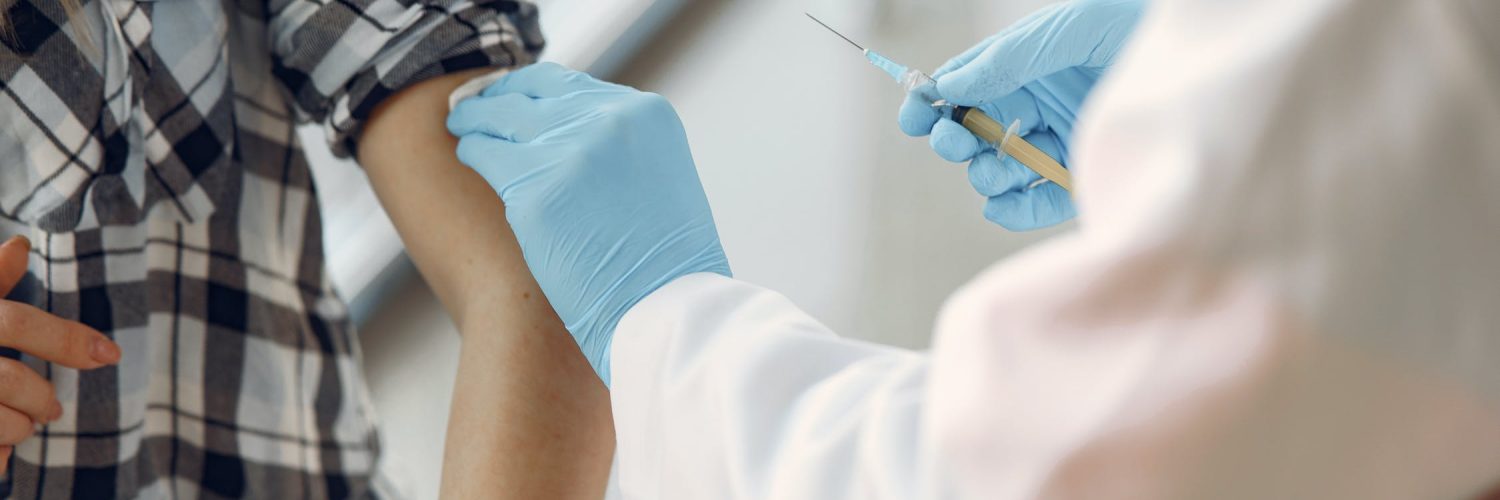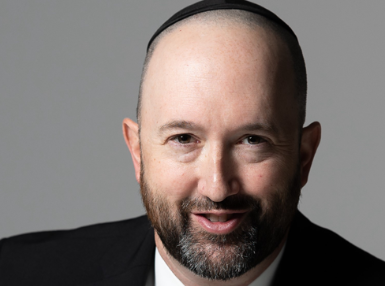In record breaking time, a highly effective vaccine for COVID19 is being administered to frontline workers across the nation this week, highlighting the incredible importance private-public collaborations can play in solving humanity’s most pressing issues.
Instead of the years it takes to develop a vaccine, Pfizer and BioNTech did it in less than a year. The companies collaborated with the U.S. government agencies and researchers worldwide in a race to get it done.
“Defeating this global pandemic would not even be possible without private-public partnerships,” Mark Esser, a vice president at pharma giant AstraZeneca, said at the recent Mid-Atlantic Summit of the U.S. Global Leadership Coalition, which is launching initiatives to respond to the coronavirus globally.
More than 1,000 political, business, military, and community leaders convened virtually for the summit to discuss the connections between global affairs and the region. With cases of COVID-19 reaching record levels in the U.S., policy, business, and global health leaders stated that America’s diplomacy and development programs are more critical than ever in responding to a global pandemic and protecting the health and safety of all Americans. Private-public partnerships will play an increasingly important role.
Collaboration led to successful vaccine in record time
When Covid struck earlier this year, pharmaceutical companies began collaborating with government agencies, researchers, NGOs and others in a whirlwind to develop a vaccine and treatments.
The first doses are now being administered this week to frontline workers and nursing home staff in Arizona and other states.
“I tend to be an optimist, but with the success coming off the heels of the Pfizer results and the Moderna results, it does show scientifically and medically that the virus is defeatable. We can boost the immune system in people both the young and elderly to generate neutralizing antibodies that can stop the virus in its tracks,” said Esser, whose company is a top contender to follow in Pfizer’s success. AstraZeneca in partnership with Oxford University has developed a vaccine that proved 90 percent effective in its Phase 3 clinical trials.
U.S. companies first to produce successful vaccines
Pfizer, which developed its vaccine in partnership with German biotechnology company, BioNtech, received authority last week from the Federal Drug Administration for distribution. Test results show the vaccine is 95 percent effective.
Moderna is expected to receive emergency authorization this week for its vaccine. Doses could start rolling out as soon as the weekend. Moderna’s vaccine also is highly effective with a 94.1 percent efficacy rate. The FDA posted testing results that indicate the vaccine not only protects individuals from contracting the virus but also may be able to reduce transmission from person to person.
Other companies racing to find treatments
Pfizer, Moderna and AstraZeneca’s vaccines alone will not be able to meet global demand. Other companies also are working to develop effective vaccines and treatments. Among them: ImmunoPrecise Antibodies Ltd., Roche, Thermo Fisher Scientific, GlaxoSmithKline, Novartis, Tonix Pharmaceuticals, CSL Limited, Sanofi and Merck and Company.
Operation Warp Speed central to vaccine success
President Donald Trump last May announced Operation Warp Speed (OWS), a public–private partnership to accelerate the development, manufacturing, and distribution of COVID-19 vaccines, therapeutics, and diagnostics. The program has spent $12.4 billion so far with a goal to reach 300 million effective vaccine doses by 2021.
That includes a nearly $2 billion contract with Pfizer and BioNTech if they can deliver 100 million doses.
Esser predicts widespread distribution to the public at large could come as early as next spring.
“Hopefully by this time next year things will maybe not be back to normal but a sense of normalcy,” he said.
















Add comment